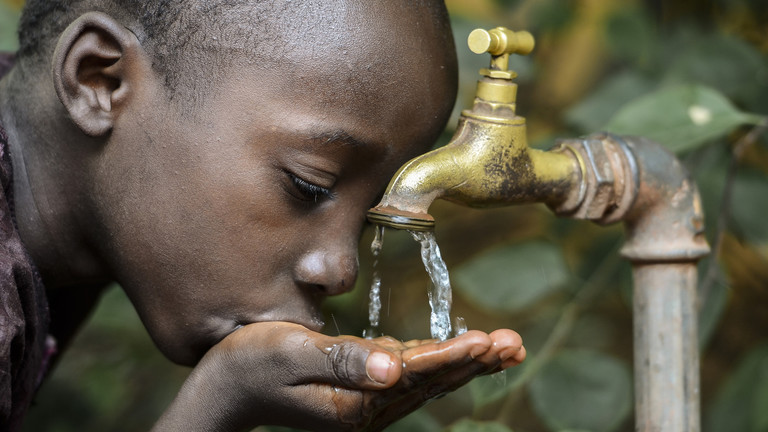Climate change stands as an existential threat to Africa, despite its minimal contribution to carbon emissions. The continent's weak governance structures exacerbate the impact of climate change, leading to resource scarcity, food insecurity, prolonged droughts, and more. In this article, we delve into how Africa is shouldering the burdens of GMOs and climate change while advocating for its interests in the face of Western influence.
The Impact of Climate Change on Africa: A Looming Crisis
Africa's vulnerability to climate change is evident in its weak institutions and historical exploitation by external forces. The continent grapples with environmental degradation, poverty, inequality, and violence, all exacerbated by climate change. As conflicts over resources escalate and economies falter, Africa's governance challenges become increasingly pronounced.
The Role of Governance in Climate Change Mitigation
Governance plays a pivotal role in addressing climate change in Africa. Weak institutions and external meddling have perpetuated a cycle of exploitation and inequality. To combat climate change effectively, Africa must assert its sovereignty and prioritize indigenous knowledge systems. Additionally, cooperation with global powers like China and India must be approached cautiously to avoid replicating Western consumption models.
Capitalism's Contribution to Climate Change
The capitalist model, reliant on fossil fuels and industrialization, has fueled climate change. Africa's lack of energy sufficiency and investment in clean technologies further exacerbate its vulnerability. As urbanization grows without corresponding industrialization, Africa's cities become hubs of poverty and inequality, mirroring the disparities perpetuated by capitalism.
The Hegemonic Discourse of Climate Change
Western dominance in climate change negotiations marginalizes African voices, perpetuating a donor-recipient dynamic that undermines Africa's interests. Initiatives like GMOs, touted as solutions to food insecurity, threaten Africa's seed sovereignty and exacerbate dependency on external actors. The recent Africa Climate Summit highlighted the neocolonial undertones of Western influence in shaping Africa's climate agenda.
Africa's Natural Resources and Global Interests
Africa's natural resources, including oil and gas, are increasingly coveted by Western powers. However, calls for investment in green energy highlight the tension between short-term gains and long-term sustainability. Africa must navigate these interests to ensure its economic development aligns with climate resilience.
Redefining Africa's Approach to Climate Change
To address climate change effectively, Africa must prioritize governance reform, indigenous knowledge systems, and sustainable development. It must resist Western impositions and forge partnerships based on mutual benefit. By challenging the hegemonic discourse of climate change, Africa can assert its agency and navigate towards a more equitable future.
In conclusion, Africa stands at a crossroads in the face of GMOs and climate change. By reclaiming its agency and prioritizing its interests, Africa can confront these challenges and emerge as a leader in sustainable development on the global stage.
Free Speech and Alternative Media are under attack by the Deep State. Chris Wick News needs your support to survive.
Please Contribute via GoGetFunding



